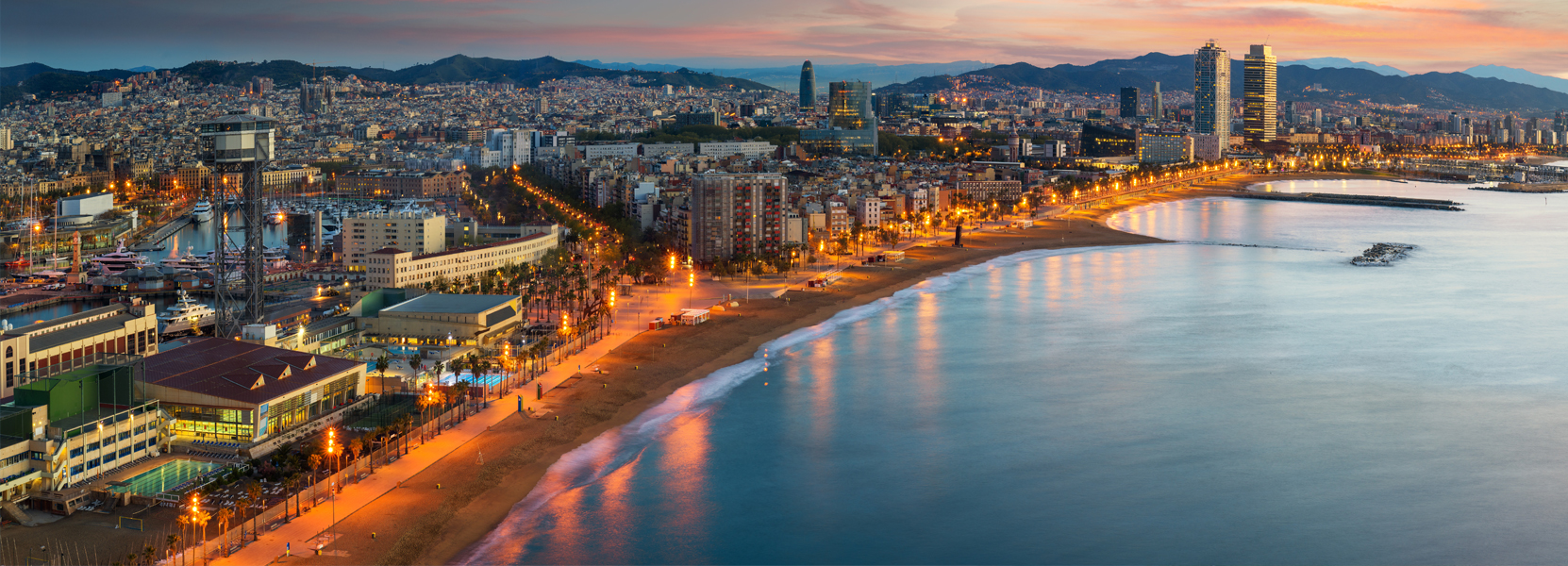Confirmed Plenary Lectures
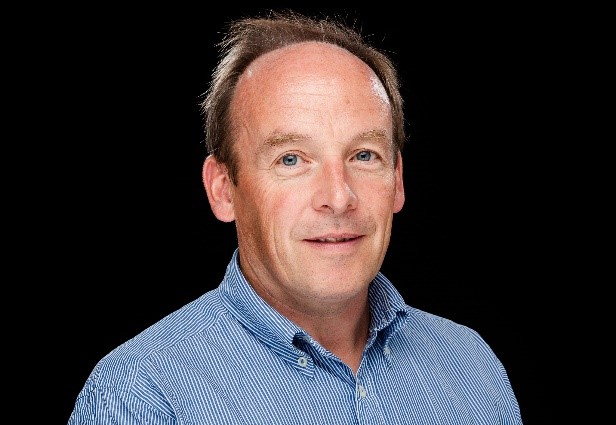
Prof. Barry Lehane
University of Western Australia
11h James K. Mitchell Honour LectureOngoing development of applications of the Cone Penetration Test in interpretation and design
Professor Barry Lehane has worked as a practitioner and academic in geotechnical engineering since 1984. Barry obtained his Civil Engineering degree from University College Cork in Ireland and then worked with Arup Geotechnics in London until he began his PhD at Imperial College, London in 1989. Following completion of his PhD in 1992, he again worked with Arup in London and Hong Kong before taking up a lecturing position at Trinity College in 1994. He moved to Perth in 2002 and has remained as a Professor at the University of Western Australia since then. Barry has published more than 300 technical papers in international journals and conferences, and he continues to consult widely on a wide variety of national and international projects.
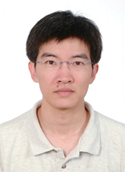
Prof. Jianye Ching
Department of Civil Engineering National Taiwan University
Special LectureDr. Ching is Distinguished Professor in the Dept. of Civil Engineering at National Taiwan University. He obtained his PhD degree in 2002 in University of California at Berkeley. His main research interests are geotechnical risk & reliability, random fields & spatial variability, probabilistic site characterization & geotechnical data analytics. He is the immediate past Chair of TC304 (risk) in ISSMGE and the immediate past Chair of Geotechnical Safety Network (GEOSNet). He is Managing Editor of Georisk, Associate Editors of Canadian Geotechnical Journal & ASCE-ASME Journal of Risk and Uncertainty in Engineering Systems, and Editorial Board Member of Structural Safety. He has published more than 150 papers in international journals. He is now the President of Chinese Taipei Geotechnical Society (a member society of ISSMGE).
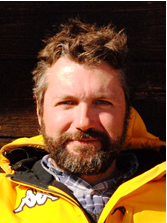
Prof. Cesare Comina
Department of Earth Sciences, Università degli Studi di Torino
Special LectureAssociate Professor in Applied Geophysics at Università degli Studi di Torino. His research involves the use of different geophysical methods for geotechnical and geological characterization. He has developed innovative testing apparatuses for geophysical monitoring of conventional geotechnical laboratory tests (usingf 3D electric tomography and piezoelectric seismic sensors). He has developed innovative applications of surface wave tests for geotechnical dynamic characterization both from the theoretical and methodological point of view. He has developed an innovative acquisition streamer technologies for the combined measurement of resistivity and shear wave velocity properties along linearly extended earth structures (e.g. river embankments and earth dams). In 2023 he received the Ludger Mintrop Award of EAGE as best paper in Near Surface Geophysics in the preceding year.
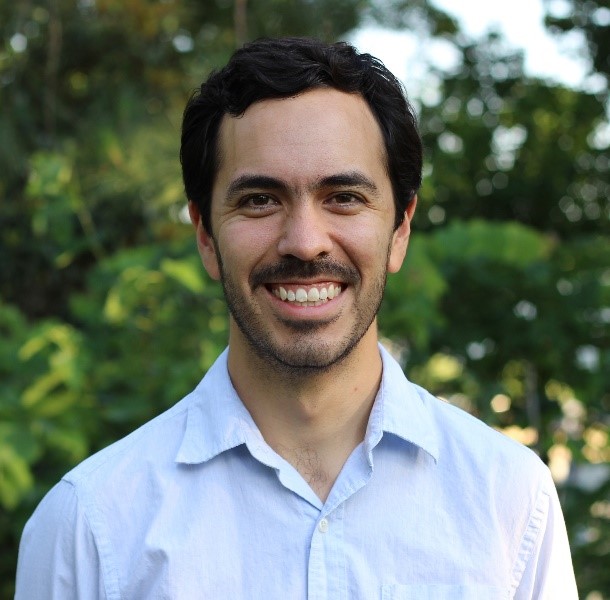
Prof. Alejandro Martinez
Department of Civil and Environmental Engineering, University of California Davis
Special LectureBio-inspired site characterization - towards soundings with lightweight equipment
Alejandro Martinez is an associate professor at the University of California Davis. He obtained his Ph.D. and M.S. degrees from Georgia Tech in 2015 and 2012, respectively, and his B.S. from the University of Texas at Austin in 2010. His research aims to further the understanding of soil behavior and soil-inclusion interactions involved in geotechnical engineering as well as in burrowing and locomotion. His research interests include bio-inspired geotechnics, soil-structure interactions, fabric effects on soil behavior, and static liquefaction of soils. His research employs a combination of experimental laboratory, hypergravity modeling, and numerical techniques. In 2020, he received the NSF CAREER award and in 2022 he received the ASCE Arthur Casagrande Career Development Award.
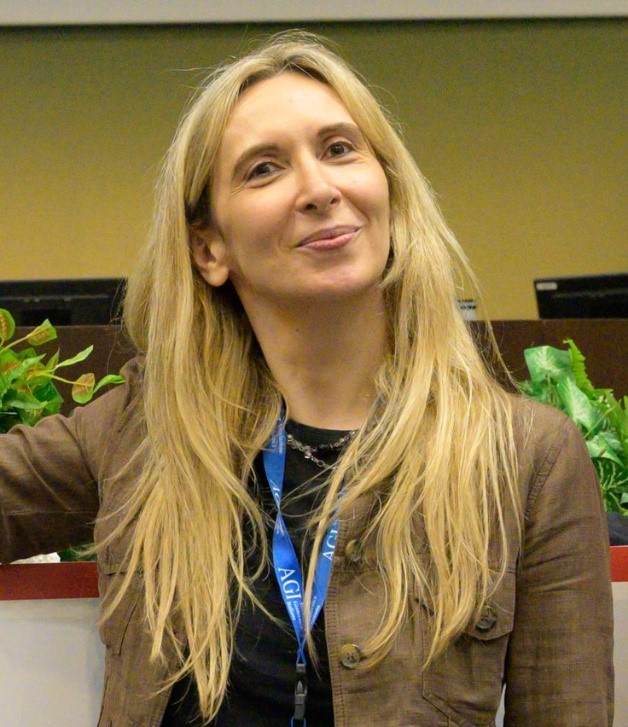
Prof. Laura Tonni
University of Bologna, Italy
Special LectureLaura Tonni is Associate Professor of Geotechnical Engineering at the University of Bologna, Italy. Her research is primarily concerned with geotechnical characterization of alluvial and lagoon soil deposits through in situ tests (CPTU, in particular), partial drainage effects in intermediate sediments, seismic-induced liquefaction in sands and silty sands. Her research interests also include the geotechnical response of river embankments, in both static and seismic conditions. She is currently Principal Investigator of the EU project LIFE SandBoil, on “Natural-based solution to mitigate flood risk due to SAND BOILS reactivations along the Po River”.
Treatment of uncertainties in site characterization in second-generation Eurocode 7
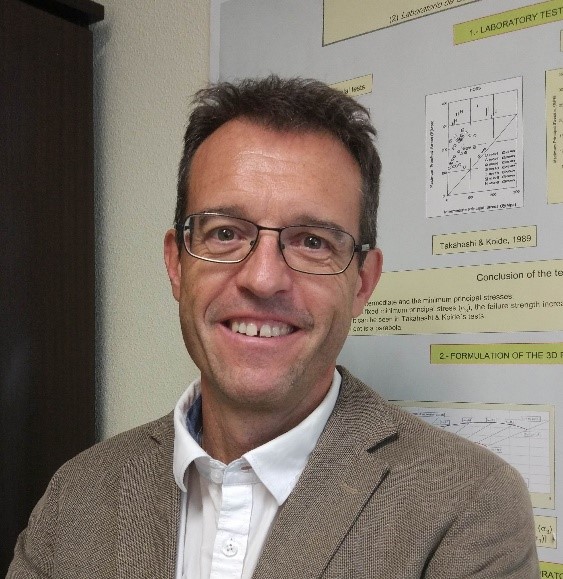
Dr. Jose Estaire
Laboratorio de Geotecnia – CEDEX, Spain
Dr. Jose Estaire works at the Labortorio de Geotecnia – CEDEX as a senior consultant in geotechnical engineering and was also assistant professor at Universidad Politécnica de Madrid since 2000 to 2017. Currently, he is the responsible of the testing facility CEDEX Track Box. He has been involved in the development of the Second Generation Eurocode 7 for more than 10 years, being one of the members of CEN-SC7-PT6 (the final drafting committee of the future Eurocode 7) and the Spanish representative in SC7 CEN groups. He was also the convenor of the committee that drafted UIC guidelines relative to design and maintenance of earthworks in railway lines (UIC IRS 70719 and 70722).
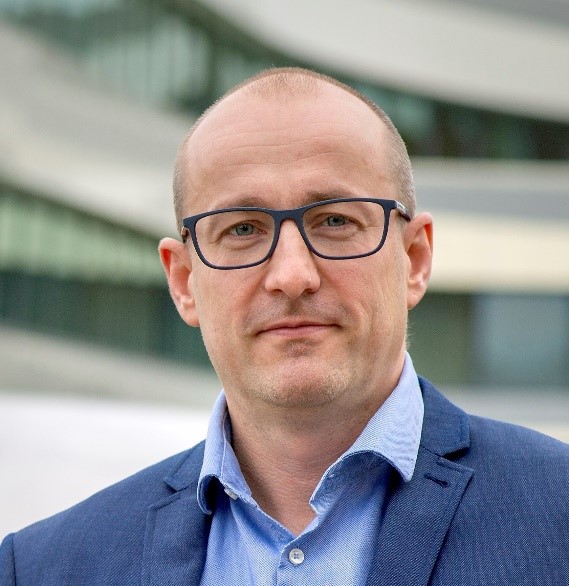
Dr. Timo Schweckendiek
Deltares, The Netherlands
Dr. Timo Schweckendiek is a senior researcher/consultant in geotechnical risk and reliability at Deltares (NL) since 2006; he is also part-time affiliated to Delft University of Technology. His early work focused on reliability and risk analysis of flood defense systems in the Netherlands. In recent years, his focus has shifted to broader application of reliability concepts to a wide range of geotechnical structures and problems such as retaining structures, piles or railway embankments. With his team at Deltares, he works on geotechnical reliability in projects, method and tool development, education and code development. Timo is affiliated to the Dutch Expertise Network for Flood Protection (ENW), the Dutch Association for Risk Analysis and Operational Safety (NVRB). ISSMGE-TC304, the subcommittee updating Eurocode 7 (CEN/TC250/SC7), and he is currently serving on the GEOSNet board.
Instrumented dynamic penetrometers for geotechnical characterization and testing
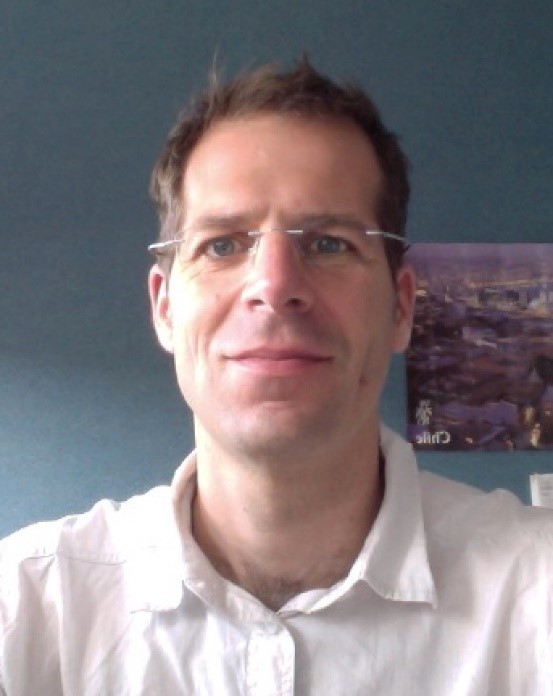
Prof. Pierre Breul
Polytech Clermont, France
Pierre BREUL is engineer and doctor in civil engineering from the University Blaise Pascal, Clermont-Ferrand, France. After having been engineer for 5 years in a geotechnical engineering company, he is currently Professor in the field of geotechnics at the National Polytechnic Institute of Clermont Auvergne University and head of the engineering school Polytech Clermont. His research interests include geotechnics, soils and granular materials mechanics, images and data analysis for soils recognition and identification, infrastructure diagnosis and risk analysis.
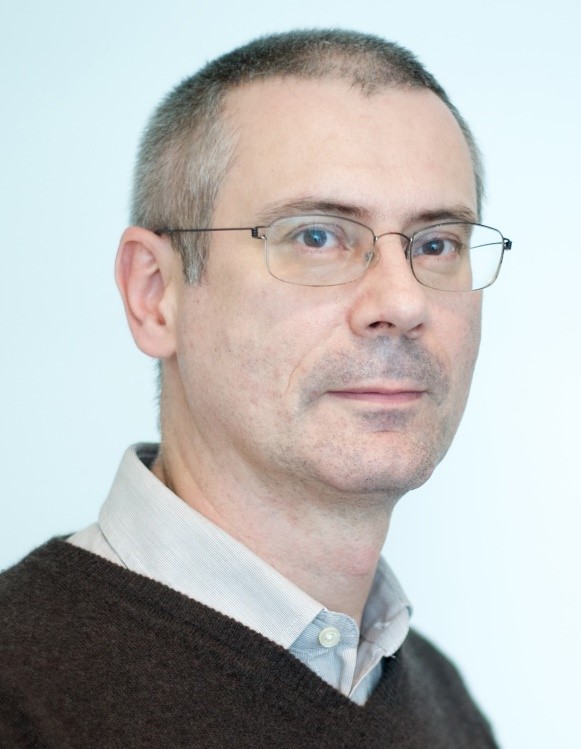
Dr. Philippe Reiffsteck
University Gustave Eiffel, France
Dr. Philippe Reiffsteck received his Master of Science in Civil Engineering from CUST School of Engineering, France, in 1992 and his Doctorate in Civil Engineering from Blaise Pascal University, France, in 1996. He is currently a senior researcher at the University Gustave Eiffel, France, in charge of the laboratory of soil mechanics and special in situ testing. His scientific projects aim to improve existing knowledge on physical phenomena involved in the interaction of structures with the supporting soil. He has coordinated numerous research works in the field of foundation, natural hazards, in situ testing and has also been working on improving and implementing different geotechnical field tests, including: self-boring pressuremeter, special samplers, cone loading tests, Permeafor and Measuring-While-Drilling. In recent years, he has been particularly involved in the European standardisation of tests (ISO TC182 and CEN TC341) and co-authored part 2 of Eurocode 7.

Dr. Lluis Monforte
Universitat Politècnica de Catalunya (UPC) - CIMNE, Spain
Special LectureLluís Monforte is an Assistant Research Professor at Centre Internacional de Mètodes Numèrics en Enginyeria (CIMNE, Barcelona). He has worked at Universitat Politècnica de Catalunya and Newcastle University. His research aims to further the understanding of insertion problems by employing advanced numerical techniques. He has given new insights in challenging problems, such as sampling disturbance, the interpretation of cone penetration in liquefiable soils or installation of offshore foundations. He has co-authored more than 15 papers in international journals (Computers and Geotechnics, Géotechnique, IJNME, etc).
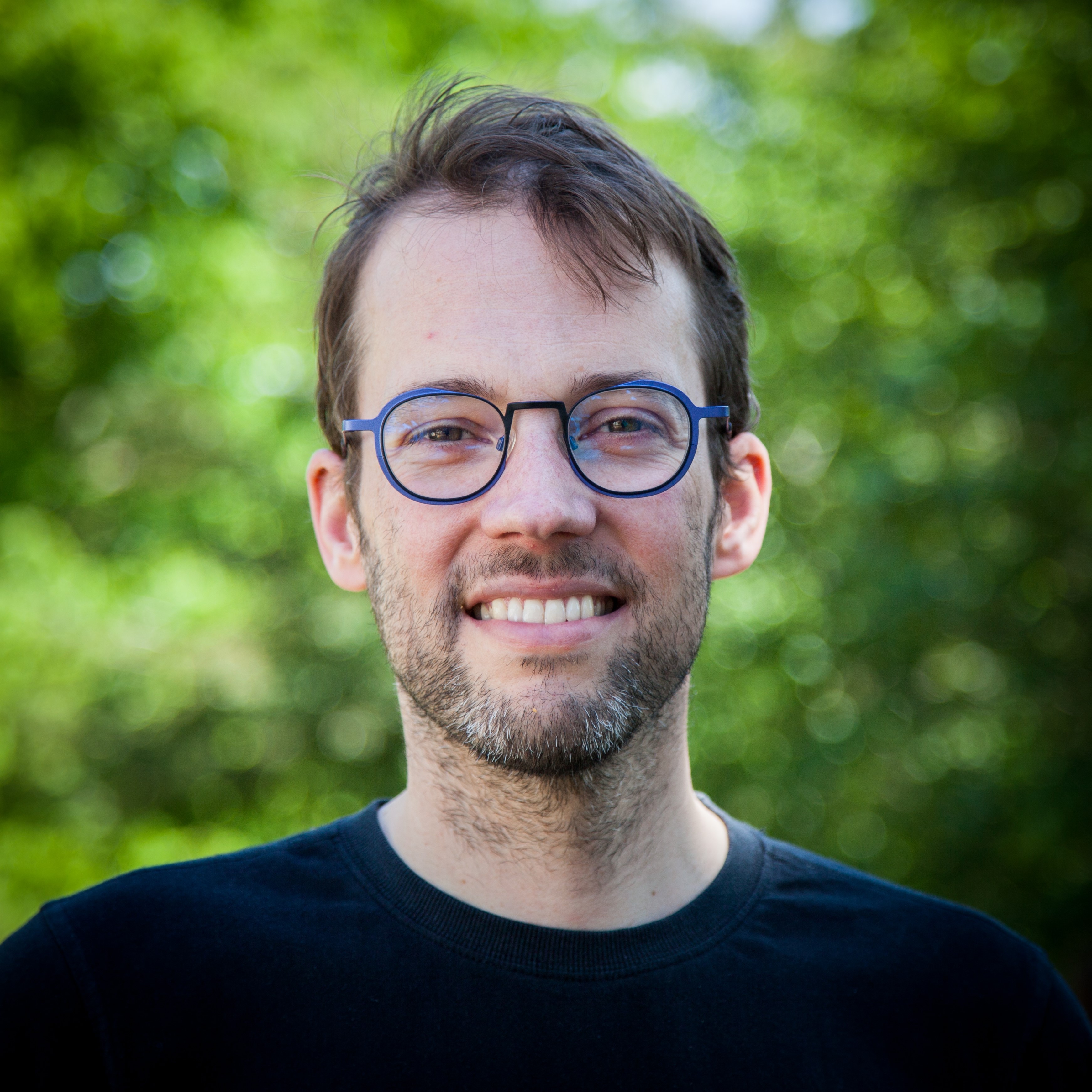
Dr. Bruno Stuyts
Department of Civil Engineering, University of Ghent, Belgium
Special LectureMachine learning tools for the treatment of offshore site investigations
After more than 10 years of working in offshore geotechnical consultancy, Bruno was appointed as Visiting Professor for Offshore Geotechnics at the Geotechnical Laboratory of UGent in 2019, where he is responsible for the Offshore Foundations course. He obtained his PhD in Offshore wind engineering from the University of Brussels (VUB) in 2023. His research interests include monopile soil-structure interaction, pipeline and cable geotechnics and the application of data-driven methods to geotechnical design. Bruno is the author of the groundhog Python package for geotechnical engineering.
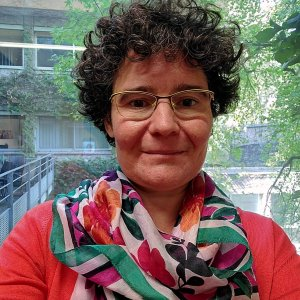
Dr. Cecille Cornou
Earth Science Institute (ISTerre), University of Grenoble , France
Special LectureCécile Cornou is a senior researcher at Earth Science Institute (ISTerre) and at the IRD. She has been working for 25 years on site effects related to near surface geology and spatial variability of ground motion, with a special focus on site characterization with passive seismic methods. She has co-organized several international training courses on the use of ambient vibration for site characterization and seismic microzonation and has been strongly involved in the site characterization of the strong motion national network. She has participated in several national and European projects on seismic hazard and risk assessments, leading the network activities on site characterization in the last EU-SERA project.
